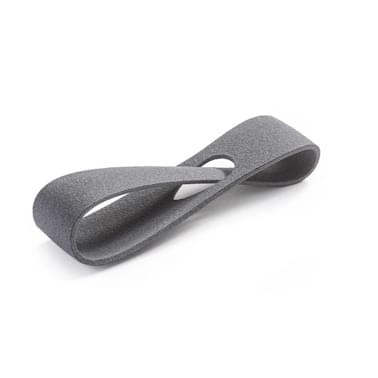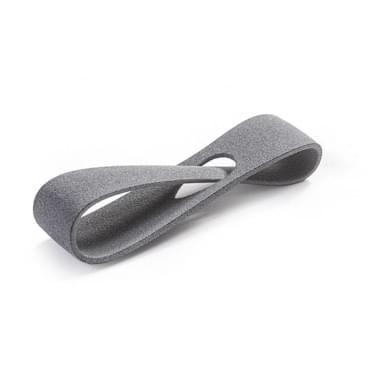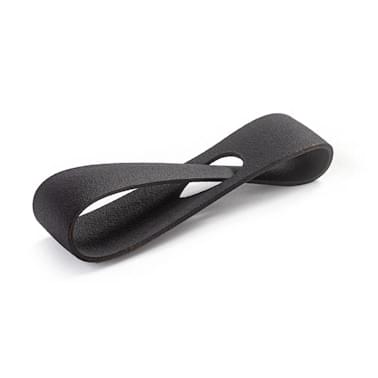Design Specifications
Pricing Info
The pricing for PA 11 is based on the volume your models take up in the 3D printing machine. This includes the volume of your models and the surrounding space they require in the printer’s build chamber to ensure a successful print.
For PA 11, we charge a minimum price per ordered piece. Unlike the startup cost (which is applied to most materials), this cost vanishes when the price is higher than the minimum price. If you order two or more copies of a model, the price automatically decreases because the preparation of multiple copies can be carried out more efficiently.
Typical Use
Technology
Additional Information
- Slight variations in color may occur throughout your model and between different models. If you want a uniform look, we recommend the black dyed or black dyed + spray painted finish.
- We recommend avoiding small features (less than 3 mm) in your design.





